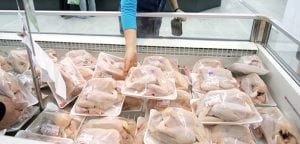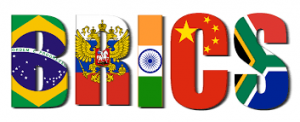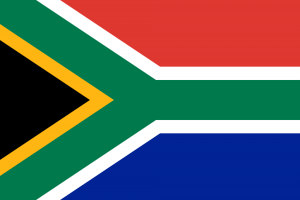Reports of chicken imported from Unites States (U.S) being classified as halal (Islamically permissible) has raised concerns among consumers and resulted in local halal authorities being inundated with questions about the permissibly of imported poultry. On Monday, a local media house published an article that stated that local halal body, the South African National Halaal Authority (SANHA), has certified imported U.S chicken. Soon after the article was published, SANHA demanded the media house retract the article, stating that it had misquoted the body and that SANHA has not certified any imported poultry.
permissible) has raised concerns among consumers and resulted in local halal authorities being inundated with questions about the permissibly of imported poultry. On Monday, a local media house published an article that stated that local halal body, the South African National Halaal Authority (SANHA), has certified imported U.S chicken. Soon after the article was published, SANHA demanded the media house retract the article, stating that it had misquoted the body and that SANHA has not certified any imported poultry.
To provide us with clarity on the matter, VOC spoke to SANHA’s public relations officer, Ebrahim Lockhat.
Lockhat explains that given the geographical location of the source of the chicken, it remains difficult to investigate and to ultimately determine the halal status of slaughtering processors of imported poultry.
Lockhat says that the local halal market, which is facilitated by numerous local bodies, slaughters millions of chicken on a daily basis according to stringent halal regulations.
“In our country, because of the support of the ulama, almost all consumers and traders are certified by one body and approved by others,” Lockhat stated.
He notes that within South African poultry plants supervisors, who are employed by local halal bodies, are stationed at the plants, while roaming inspectors regularly monitor each plant.
Given the large volumes of poultry slaughtered in international markets, Lockhart asserts that local bodies have been reluctant to monitor international plants, since in most instances halal regulations are not completely complied with.
“Locally, if you have a plant, the entire plant is halal slaughtered, whereas if you go to a country like Brazil, which is a big exporter, then half the day they are slaughtering halal and the rest of the day its non-halal,” he said.
In addition, he explains that in many international plants, non-Muslims are conducting the slaughter process.
“They base this on the Qur’anic ayah that says that one can eat food from the people of the book and classify it as halal,” Lockhat added.
More pertinently, Lockhat asserts that a bigger contention is the fact that many international plants employ mechanical slaughtering mechanisms, in which thousands of chickens are slaughtered with one tasbiya recited over an entire brood of chickens.
He affirms that both the use of mechanical slaughter and the recital of one tasbiya are not accepted by the majority of South African halal bodies.
“We believe that the slaughter must be rendered by a Muslim individual, the tasbiya must be recited over every bird, and the required vessels must be severed. In machine slaughter, because of the high speed, it does not happen.”
Since imported chicken from the U.S is not imported as whole birds, but instead as portions and go directly into eating establishments, it cannot be regulated.
In light of these concerns, Lockhat confirmed that SANHA has not certified any international poultry.
“25 per cent of the world is Muslim, who follow diverse teachings, so too in the halal industry some have accepted machine slaughter. But, in South Africa we are very stringent,” Lockhat continued.
VOC



